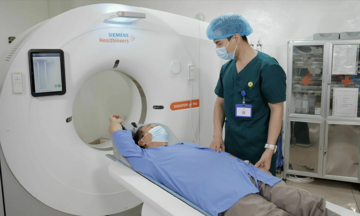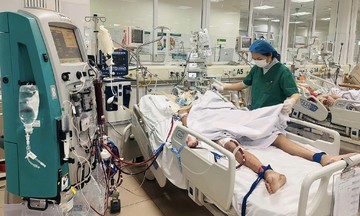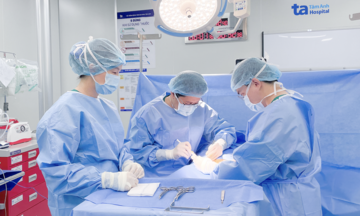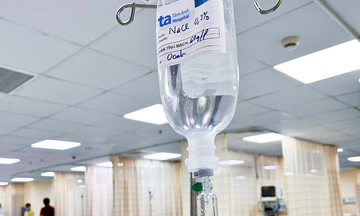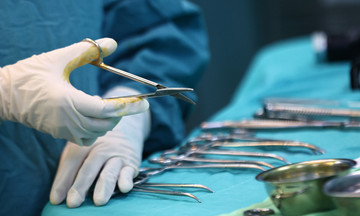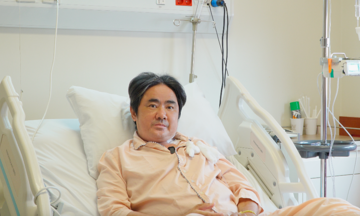It all began in July 2023 when Ellen McCleary returned home from vacation. Initially dismissing her nosebleeds as allergies, she soon found herself bleeding three times a day. A call to her doctor resulted in a prescription for "allergies." It wasn't until Ellen coughed up a blood clot that she was referred to an ear, nose, and throat specialist at the Royal Victoria Infirmary in Newcastle in October. There, the mother of 6 underwent a biopsy and CT scan, revealing nasal cancer and a tumor behind her nasal bone growing towards her brain.
"I burst into tears. That's when I completely broke down," McCleary, now 46, from Carlisle, Cumbria, told Sun Health.
Believing she would simply have the tumor removed, Ellen underwent surgery later that month. She awoke after the 6-hour procedure to the shock of discovering her entire nose had been removed. "I thought they would just cut my nose open, remove the tumor, and stitch it back up. But the tumor had grown in two weeks and was moving toward my brain, so they had to remove it all," she explained.
Ellen spent 5 days in the hospital and, after 6 weeks of radiotherapy, received the welcome news that she was cancer-free.
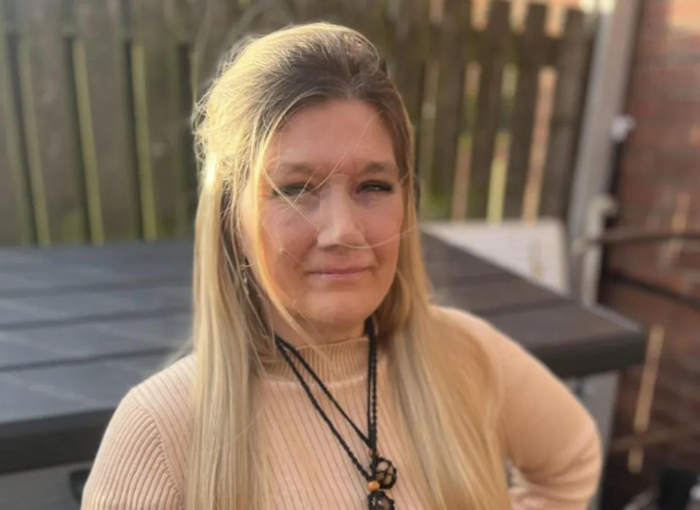 |
Ellen wears a prosthetic nose during her recovery and awaits a magnetic one. Photo: Kennedy Newsand Media |
Ellen wears a prosthetic nose during her recovery and awaits a magnetic one. Photo: Kennedy Newsand Media
Now, Ellen must clean her nasal cavity daily due to mucus leakage, a consequence of not being able to blow her nose. She has gone through 7 prosthetic noses due to changes in her face during recovery and is currently awaiting a magnetic one. While able to perform most daily activities, Ellen experiences breathing difficulties with tasks like vacuuming.
"My day-to-day life is the same, the only difference is I have no nose," the school lunch supervisor stated, adding that it took her a year and a half to look at herself. While doctors remain uncertain about the stage of her cancer, they confirmed it was caught in time.
Ellen is now dedicated to raising awareness about the symptoms of nasal cancer and urges anyone experiencing regular nosebleeds to seek medical attention. According to the UK National Health Service (NHS), nasal cancer, medically termed cancer of the nasal cavity and paranasal sinuses, is rare. Common symptoms include: persistent blockage of one side of the nose; nosebleeds; reduced sense of smell; runny nose, sometimes mixed with blood; mucus running down the back of the nose and throat.
The NHS notes these symptoms can mimic less serious ailments like colds or sinusitis. More advanced symptoms may include: pain or numbness in the face, particularly the upper cheek; swollen lymph nodes in the neck; partial loss of vision or double vision; bulging eyes; watery eyes; persistent pain or pressure in one ear; a persistent lump on the face, nose, or roof of the mouth.
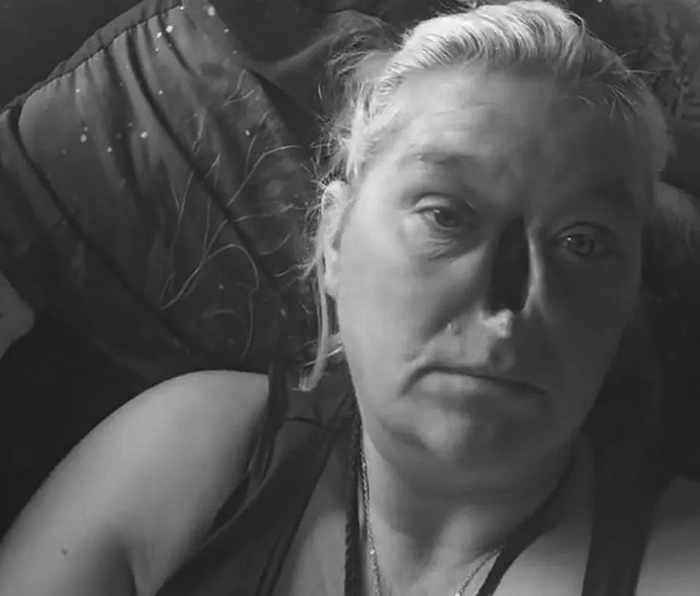 |
Doctors removed Ellen's entire nose during the surgery. Photo: Kennedy Newsand Media |
Doctors removed Ellen's entire nose during the surgery. Photo: Kennedy Newsand Media
Binh Minh (According to Sun Health, NHS)



